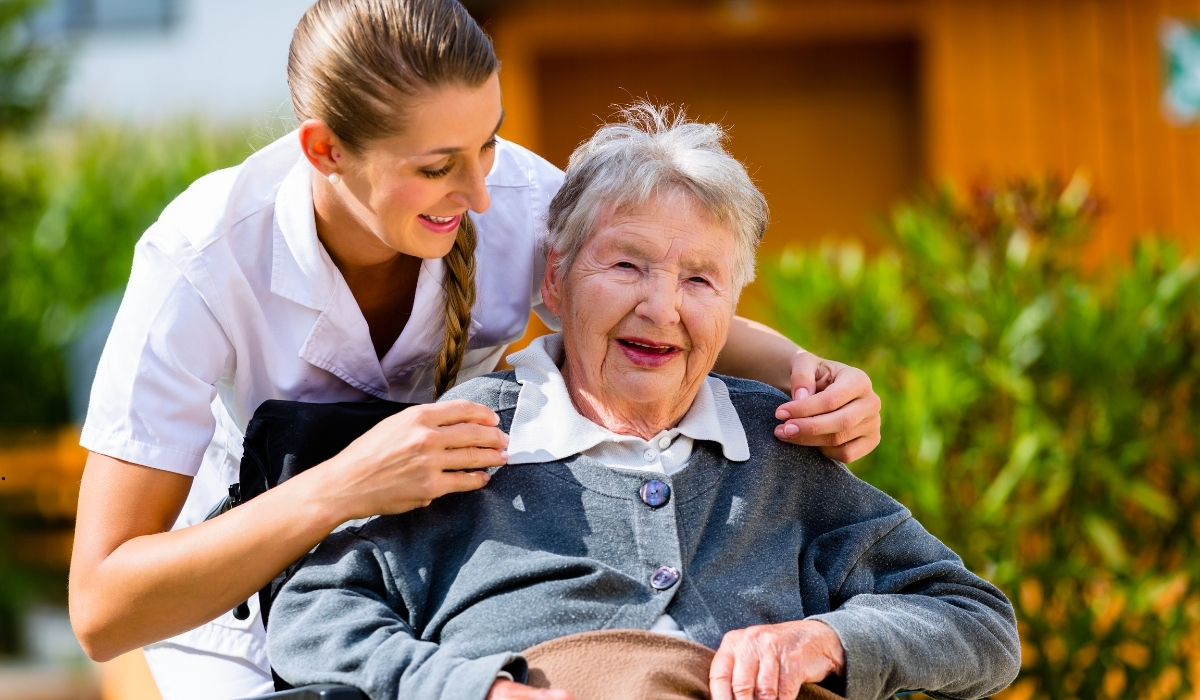Elderly care homes form one of the key pillars in supporting seniors’ health—physically, psychologically, and socially. With life expectancy rising globally and in the Arab world, the need for comprehensive care that addresses not only physical well-being but also mental and cognitive health has become critical. The brain, like the rest of the body, requires continuous exercise to maintain its abilities, and mental and cognitive activities within a care home provide an effective way to achieve this. These activities not only help improve memory and cognitive functions, but also strengthen social connections, boost happiness, and reduce feelings of isolation and depression.
The Importance of Mental and Cognitive Activities for Seniors

Maintaining Cognitive Abilities
As people age, certain cognitive functions such as concentration and response speed may decline. Mental activities help stimulate nerve cells and slow this decline.
Preventing Age-Related Neurological Diseases
Many studies indicate that engaging regularly in cognitive activities lowers the risk of conditions such as Alzheimer’s disease and dementia.
Enhancing Mental Health
Older adults feel a greater sense of self-worth when they succeed in solving puzzles or learning a new skill, which boosts self-esteem and improves mood.
Fostering Social Bonds
Many mental activities are carried out in groups, encouraging interaction and reducing feelings of loneliness.
Examples of Mental and Cognitive Activities
Traditional Mental Exercises
- Solving puzzles and crosswords: Stimulates memory and trains logical problem-solving.
- Memory card games: Help strengthen concentration and attention skills.
- Chess and dominoes: Encourage strategic thinking and planning.
Reading and Discussion
- Book club: Residents choose a book or short story and then hold a discussion session.
- Reading daily newspapers: Helps keep up with current events and sparks conversation about topical issues.
Creative Activities
- Writing journals or poetry: Promotes recalling memories and stimulating imagination.
- Drawing and coloring: Strengthens brain–hand coordination and nurtures artistic expression.
Continuous Learning
- Language lessons: Even learning a few words of a foreign language is excellent brain training.
- Learning to use technology: Such as smartphones or tablets to stay connected with family.
Musical Activities
- Listening to music: Activates areas of the brain linked to memory and emotion.
- Group singing or playing instruments: Enhances auditory and motor skills and adds joy.
Reminiscence Therapy
- Involves recalling past memories using old photos or audio clips, which helps strengthen personal identity and a sense of belonging.
Integrating Technology into Cognitive Activities
Modern technologies are no longer limited to young people. They can be utilized in:
-
Smart applications: Brain-training games such as Lumosity or Peak.
-
Virtual reality sessions: To recreate places or virtual trips that spark curiosity and stimulate cognition.
-
Digital interactive tables: Offering fun and engaging group games.
Psychological and Social Dimensions
Cognitive activities are not just about mental exercises—they also play an important social role:
-
Strengthening bonds among residents: Group work fosters friendships and mutual support.
-
Family involvement: Organizing events that include children and grandchildren gives residents a sense of family belonging.
-
Boosting morale: Success in mental challenges provides a sense of achievement.
Challenges in Implementing Cognitive Activities
Despite their many benefits, there are some obstacles:
-
Individual differences: Varied cognitive abilities make it difficult to design a one-size-fits-all program.
-
Financial and human resources: Some activities require special tools or trained professionals.
-
Reluctance or shyness: Some residents may hesitate to participate, especially if they lack self-confidence.

Success Stories from International and Arab Nursing Homes
Japan: Integrating virtual reality technologies and social robots to stimulate memory.
Arab Models: Some homes in the UAE and Saudi Arabia have launched programs to teach computer skills and languages to seniors.
Egypt: Initiatives in collaboration with universities to conduct interactive workshops in arts and crafts.
